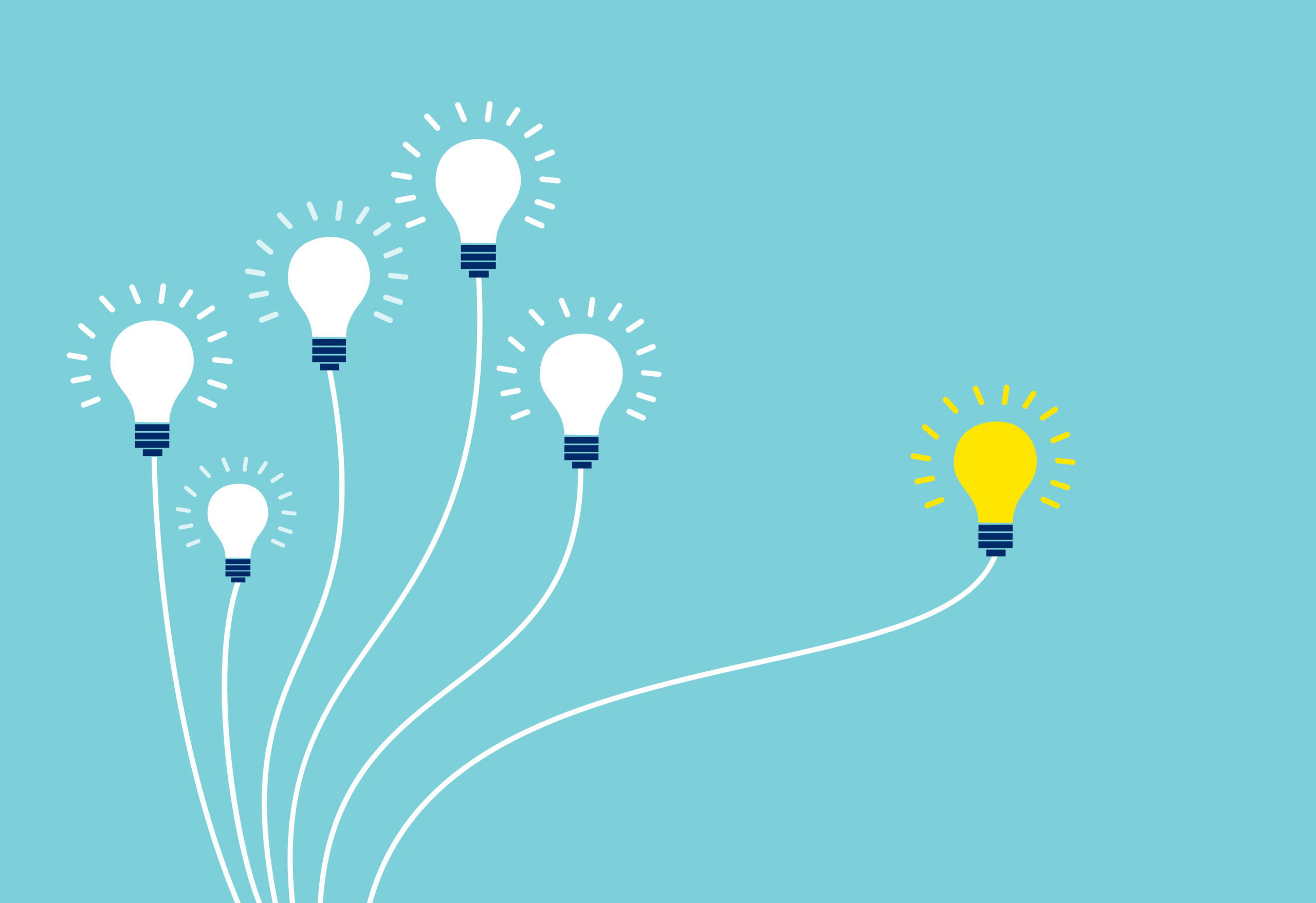
I remember a 2015 lecture by Brendan Nyhan PhD from Dartmouth in reporting on a study about the belief system and the engrained thinking it can enable.
The takeaway was that once people arrive at a certain belief, it is very difficult to change their thinking much less change their minds.
The study found that when folks are presented with information different from personally held beliefs, rather than process the information logically, the individual becomes even more entrenched in their belief-based opinion/thinking. I was struck that moving forward things are going to be difficult to change.
Think about today’s environment and how problematic discourse of all types has become from family conversations to academic research.
First, there is study bias because studies are designed and performed to prove a particular point or view. Thus, we cannot assume that all the information we are receiving is accurate or a true reflection of the full set of facts.
Second, there is presentation bias as much information is presented with a point of view that may or may not be reflective or accurate. Further, those that are presenting the information may themselves not understand or comprehend the information they are presenting.
Journalists, the purveyors of information, do not generally get any math or science in journalism school but often report on very complex issues that would benefit from broader scopes of knowledge.
Third, there is recipient comprehension bias. We, the recipient of the information, may lack an understanding of the subject being discussed or may not have the relevant math or science background to understand and comprehend it. Therefore, we receive the information in whatever context our backgrounds allow us to interpret it.
Fourth, there is the presenter credibility bias. When we do not understand complex subjects, we tend to rely on the person presenting the information or position, ignoring the fact that the reporter, politician, friend or whomever may not understand the information either.
These four biases influence the information we receive and how we receive it, but rarely do we consider how these biases can wrongly influence what we believe to be true. Pointing back to my opening example, this unfortunately perpetuates problematic discourse.
Based on the biases and complexities of today’s issues, we shouldn’t rely on what’s being presented without further investigation or corroboration.
Granted, most of us don’t have the time to develop expertise on complex topics that would allow us to have informed opinions on things.
However, I caution us all from simply accepting everything we hear at face value. Rarely do complex subject/problems have explanations that are 3-4 bullet points illustrating their causes or solutions.
But we can question what we hear and read. When possible, we can review cited studies themselves (including the footnoted papers to assure they demonstrate the points being asserted by the footnote).
At minimum, we should consider bias of most information we receive, lest we become part of the problem of entrenched belief derived opinions and be unwilling to change.
Featured news
Ted’s Take: What is your role in health and health equity?
As we talk and plan for improvements in virtually anything, it’s important that we examine what our role in that process is and should be.
Ted’s Take: Medicare for all – HUH?
Around every national election, the phrase Medicare for All comes up. My reaction is simple: HUH? Here’s why?
JKTG-Funded Research Tackles Possible Way to Stop Spread of Breast Cancer
New JKTG Foundation-funded research identifies potential new immune system target to head off the spread of breast cancer cells. The work is from the Johns Hopkins Giovanis Institute and appears in the journal Oncogene.

Jayne Koskinas Ted Giovanis
Foundation for Health and Policy
PO Box 130
Highland, Maryland 20777
Media contact: 202.548.0133


